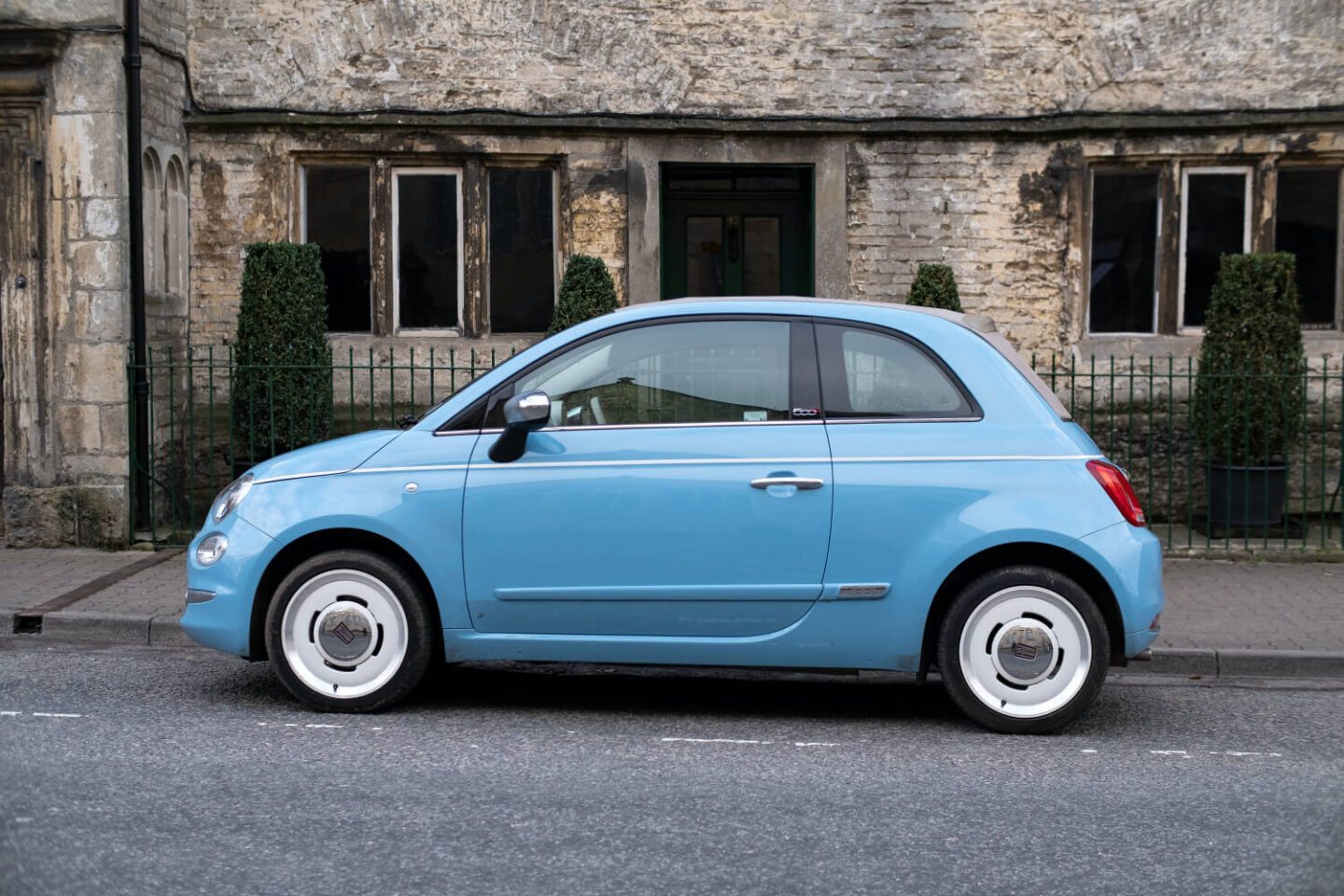Buying a new car is an exciting experience, but it’s also a significant investment that requires careful consideration. Before you make a purchase, there are several essential steps you should take to ensure you’re getting the right vehicle for your needs and budget.

From researching different makes and models to arranging financing and test-driving potential options, thorough preparation can help you make a confident and informed decision. In this article, we’ll explore seven essential things to do before buying a new car to help you navigate the car-buying process with ease and confidence.
Before embarking on your car-buying journey, it’s vital to establish a realistic budget that considers not only the upfront cost of the vehicle but also the ongoing expenses associated with car ownership. Take into account factors such as insurance premiums, maintenance costs, and fuel expenses when determining how much you can afford to spend.
It’s important to avoid overextending yourself financially by committing to a car payment that exceeds your means, as this can lead to financial strain down the line. Prioritize finding a balance between affordability and quality to ensure a sound investment in your new vehicle.
With a plethora of car manufacturers and models available on the market, conducting thorough research is imperative to make an informed decision. Visit car dealership stores in Edmonton and Compare various makes and models based on factors such as safety ratings, fuel efficiency, reliability, and features.
Consider your specific needs and preferences, whether you require ample cargo space, advanced technology features, or high-performance capabilities. Narrow down your options based on these criteria to ensure that the vehicle you choose aligns with your lifestyle and priorities. Additionally, seek out reviews from both experts and current owners to gain valuable insights into real-world experiences with each model.
Once you’ve determined your budget and identified potential vehicles, it’s time to explore your financing options. Research and compare pre-approved auto loans from different financial institutions, including banks, credit unions, and online lenders, to secure the most favourable interest rates and terms.
Keep in mind that having a higher credit score can qualify you for lower interest rates, so take steps to improve your creditworthiness before applying for a loan. Carefully assess your financial situation and choose a financing option that aligns with your budget and long-term financial goals. Be sure to factor in additional costs such as taxes, registration fees, and dealer fees when calculating the total cost of financing.
When budgeting for your new car, don’t forget to factor in the cost of car insurance. Before finalizing your purchase, take the time to research and compare car insurance quotes from multiple providers. Ensure you factor in your location when comparing quotes.
For instance, if you are a resident of Edmonton, Alberta, Canada, compare car insurance quotes in Edmonton. This ensures that you’re getting accurate estimates tailored to your specific location and local regulations. Factors such as traffic density, crime rates, and weather conditions can vary between cities, impacting insurance premiums accordingly. By comparing quotes in your specific location, you can identify potential savings and select a policy that offers the best coverage at the most competitive rate for your particular area.
Before making a final decision, it’s essential to test drive the cars you’re considering to assess their performance and suitability. A test drive provides an opportunity to evaluate factors such as handling, comfort, visibility, and ease of use for features and controls.
Pay close attention to how the vehicle responds in various driving conditions and ensure that it meets your expectations in terms of driving experience. Don’t hesitate to test drive multiple vehicles to compare and contrast their performance and features before making a decision. Additionally, consider bringing along family members or friends for their input and feedback during the test drive.
If you’re considering purchasing a used car, obtaining a comprehensive vehicle history report is crucial. This report provides valuable insights into the car’s past, including its ownership history, accident and damage history, maintenance records, and more.
Reviewing the vehicle history report can help you identify any potential red flags or issues that may affect its reliability or resale value. Armed with this information, you can make an informed decision about whether the vehicle is a suitable investment for your needs. Be diligent in verifying the accuracy and completeness of the vehicle history report, and don’t hesitate to request additional information or clarification from the seller if needed.
Before finalizing the purchase of a used car, it’s advisable to have it inspected by a qualified mechanic. While the vehicle may appear to be in good condition on the surface, a professional inspection can uncover any underlying mechanical issues or defects that may not be immediately apparent.
The mechanic can assess the car’s overall condition, including its engine, transmission, brakes, suspension, and electrical systems, to ensure that it’s roadworthy and free of major defects. Investing in a pre-purchase inspection can potentially save you from costly repairs and headaches down the line, providing peace of mind knowing that you’re purchasing a reliable and well-maintained vehicle.
Buying a new car is a significant decision that requires careful planning and consideration. By following these seven essential steps before making a purchase, you can navigate the car-buying process with confidence and ensure that you end up with a vehicle that meets your needs and fits your budget. Remember to prioritize your needs over wants, as well as to factor in long-term costs such as insurance, maintenance, and fuel expenses.
This is a collaborative post.